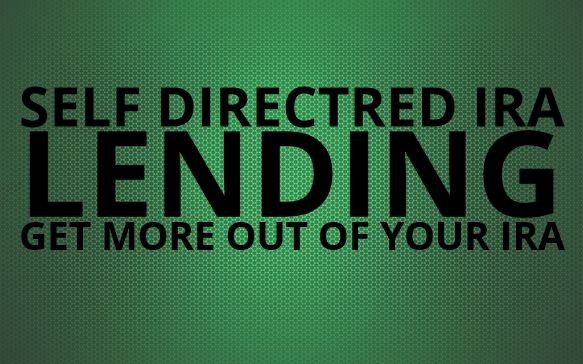Maximize Your Self Directed IRA Returns
Post on: 6 Июнь, 2015 No Comment

Unfortunately, we all probably have our own personal story about a financial investment gone wrong. Heres one for you; it involves a friend of mine named John.
John was a typical conservative investor. He owned his house, had an IRA, and dabbled in stocks. He couldnt afford to be hyper-aggressive since he didnt have much liquidity and had two kids in college. One day John ran into a colleague at work who told him about a cant miss stock (perhaps by now the story is sounding a bit familiar.)
Johns colleague said the stock was poised to explode. (This was during the tech boom when everyone was trying to get a piece of the action.) Johns colleague had invested a few thousand dollars and strongly suggested John do the same. John trusted his colleagues financial acumen and didnt bother to do his research on this stock in question. John didnt consult analysts, didnt read financial reports, and didnt take the time to understand the dynamics of the quickly-evolving tech industry. John simply had a hunch that his friend was on to something, so John took the plunge.
You can guess what happened next. Thats right, the stock promptly tanked and John lost around $5,500.
We bring up this anecdote because its lessons are important, not just within the purview of traditional investing, but also for self-directed investment. After all, if youre investing in a mutual fund or paying into a 401(k) there is a money manager at the other end recommending or picking the investments. However, if youre investing in a self-directed IRA, for example, the situation is slightly different. You could, of course, hire a third-party money manager to help out, but generally we at IRA123 see most of the self-directing IRA investors go it alone. And while that can be a liberating thing (such as no broker fees) it brings with it risks, particularly if youre not truly fluent in the machinations of alternative investing.
Which bring us to our next point, which also happens to be a cardinal rule of investing: keeping your personal emotions of out investing. Just consider the aforementioned example. John was drawn to this investment because it seemed almost secretive. Furthermore, he was close with his colleague and trusted his wisdom, so much so John didnt bother to do research.

And we see this every day in investing: people getting wrapped up emotionally in their investments. This problem becomes particularly acute when family members or friends get involved. Its also no coincidence that we often see clients invest in a friend or family members businesses as a self-directed IRA. Theres nothing wrong with this, of course, as long as the investor does his or her due diligence.
Safeguard IRA & 401(k) Advisors
877-229-9763














